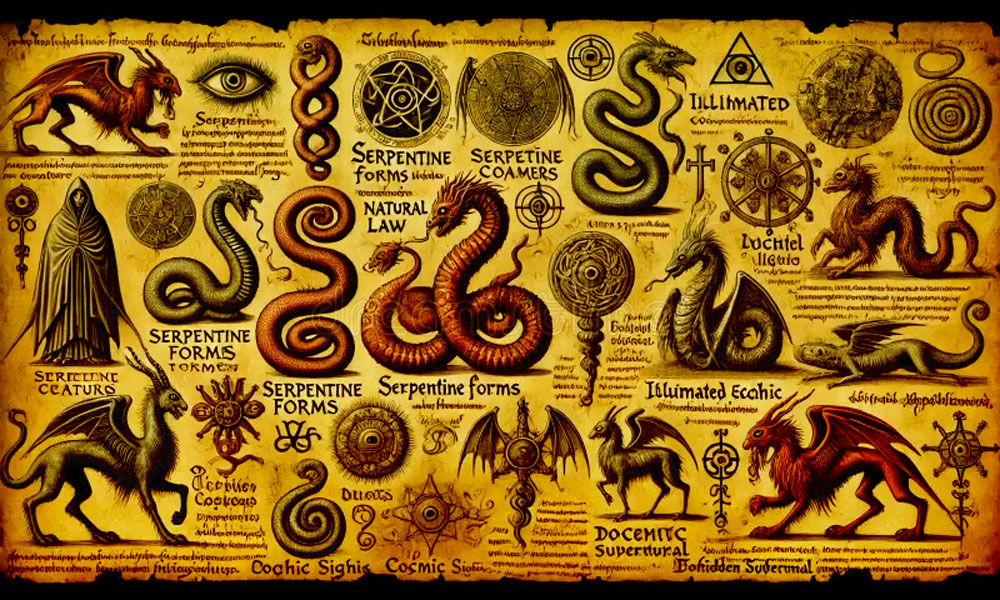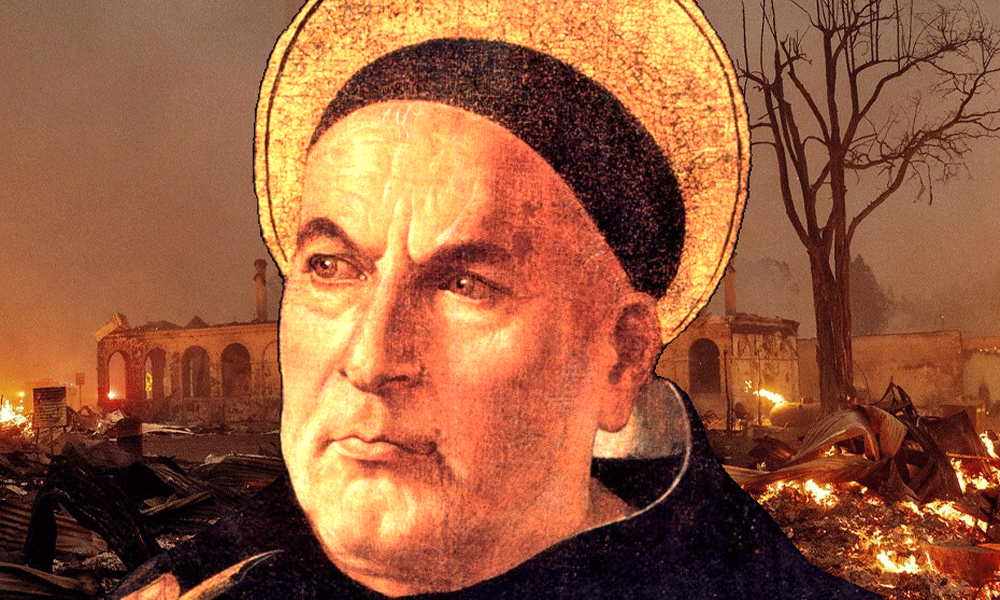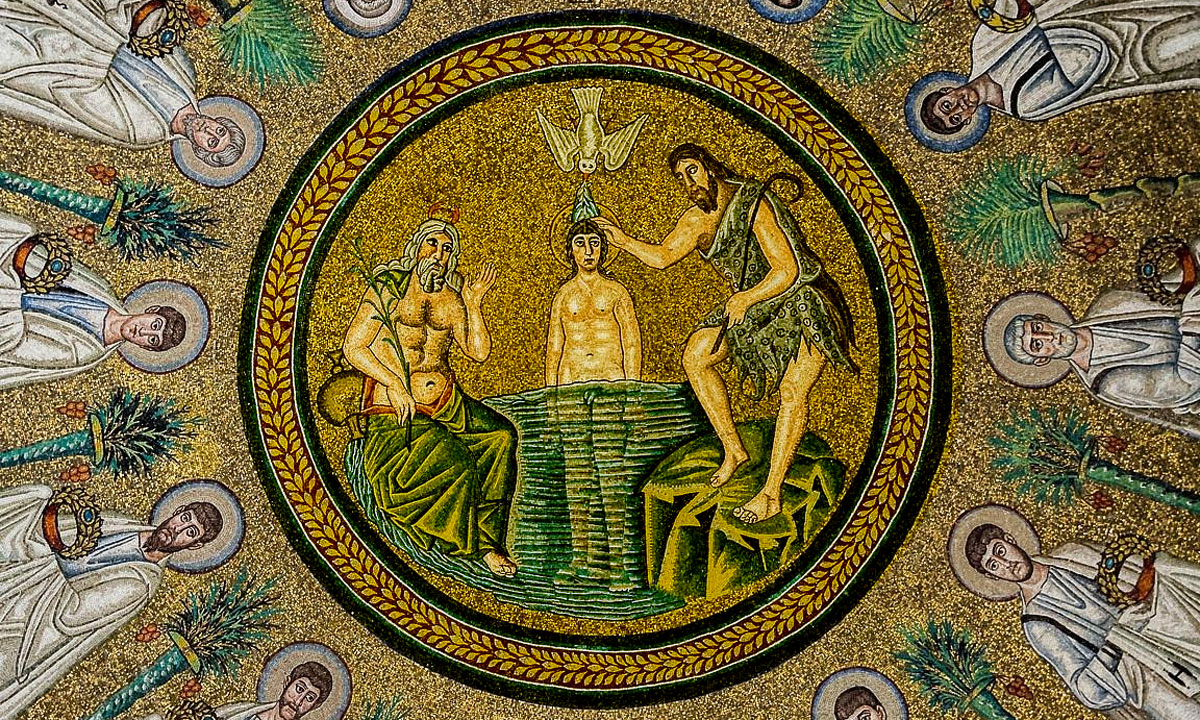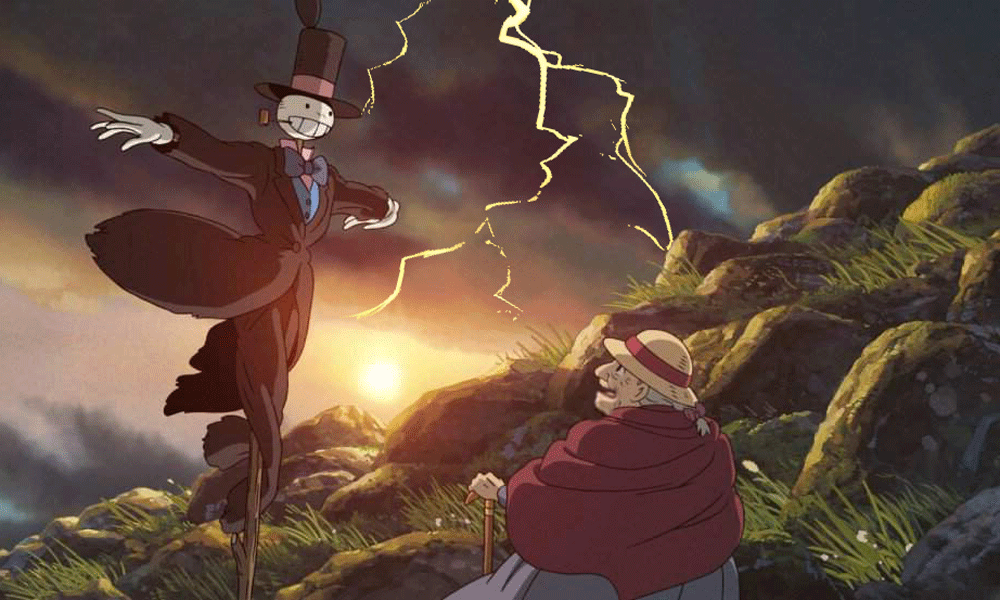
“I fear that we should set the record straight and in a drastic way: the Middle Ages never existed. This is a pure invention, a lie, an incredible manipulation of consciousness made by the religious dictatorship which settled in Europe starting from 1320/1350 from the palace of Avignon.” Thus begins one of the best articles of the site of my friend Jean-Claude Flornoy.
The Circle of Rochefort
My benefactor and friend Flornoy had gathered around him in Rochefort sur Mayenne an informal circle of researchers from
from very diverse backgrounds. Our research has focused on numerous as exciting areas:
— the cannon to orgones, model made after the work of Wilhelm Reich,
— the sacred construction of Gothic cathedrals and megaliths,
— the restoration of the major arcana of the Tarot of Marseille,
— the practice of sweatlodges at every full moon,
and other chimeras that change the world.
By dint of exploring our past in search of founding visions, my benefactor fell (it was inevitable) on the Fomenko thesis or recentism. And it was another big bang in our small circle of researchers. However, the shock gone, the recentism took time to make its way into our brains. For some of us, he was even the victim of rejection. And for all of us ; nothing is definitive about it.
What is the recentism exactly? A very serious thing, if we are to believe Fomenko.
The New Chronology or Recentism
Flornoy describes the firing of the historic Big Bang: “The theory of New Chronology by Anatoli Fomenko (1) is based on astronomy, and the statistical inconsistencies of historical archives. Human civilization would hardly be more than 1,000 years old. This revisionism is the questioning of the history of humanity, and therefore of the legitimacy of patriarchy. The recentisme is a debate on techniques and methods of dating, because no certain dating is possible. The hypothesis of recentism asserts that the universally accepted chronology of historical facts is incorrect. The recurrent revisionism is the questioning of the history of humanity, and therefore of the legitimacy of patriarchy.”
(1) Anatoly Fomenko
With several of his colleagues, this mathematics professor from the University of Moscow is the author of the recent magnum opus, and proposes a total revision of History. This ‘New Chronology’ in seven volumes is titled ‘History: a fiction or a science?’. For Fomenko, world history is much less long than it is said. The formula of this great mystification is simple: take an event, copy it and transpose it to other times. And that’s how you get 2,000 years of history without being too busy.

A Religion of Love
Here is what I get out of all this. Following a humanitarian cataclysm — a very serious epidemic of plague — the Roman Empire ended brutally due to lack of populations. In an almost deserted Europe, a terrible episode of barbarity without faith or law would inevitably follow, unless…
Unless a Roman elite urgently invents a good magic recipe that gives a reason to live and to hold on well to populations returned to the wild state. Roman legates met in Avignon to lay the foundations of a religion of last chance. They wanted to throw it as pasture to castaways of the plague, without memory, without horizon, ready for anything and especially at worst: it had to be a religion of love, the only way to circumvent the omnipresent hatred.
Inventing a New Christianity
Christianity was the empire religion initiated by Constantine I, Byzantine emperor. He had covered Europe with churches and cathedrals that were only waiting to be used; only a problem: they were dedicated to Christ Constantine, tyrant of the overwhelming Rome, whose image had become hateful.
So what? It was enough to replace the old emperor with a poor young man like them, exploited by Rome like them, tortured and crucified like them, all those survivors of disease, pain, and hunger. It was enough to invent with these ingredients a beautiful acceptable story, picking for detail from similar legends, which are legion…
The neo-Christianity that we know thus rests on a very beautiful fable, moving at will, entirely made in 1350 for the needs of the cause… and by some Roman legates under the guidance of Saint (!) Thomas Aquinas. What would we have done in their place? It was nothing less than to save what remained of civilization in the West!

Burnt Alive
Not a village, not a hamlet that did not burn its dead. The stench was everywhere unbearable. The pyres destroyed the corpses of the plague victims, before burning alive the followers of the Old Religion, those druids and druidesses whom the new priests accused of witchcraft. Joan of Arc was also burned alive as a witch. And I experienced the same fate in one of my previous lives… Or parallel lives ?
The Great Plague spared no one. France was in flames.
It was necessary at all costs to restart civilization, take back the populace in hand. Giving men the fear of the gods is always profitable in these cases. It was also necessary to remove the druids who were an obstacle to the new religion, destined for the brutal ‘simple minds’. Transform the wolves into bleating sheep: “Feed my lambs, feed my ewes.” This is how the Roman religion was created in Avignon, and the first pope was called to rule. Spider? What a funny name! Why not dragonfly or butterfly?
Subsequently, the popes settled in Rome, but the origin of Christianity is said to be in Avignon around 1350. Still according to Fomenko.
Inventing Jesus
How did such a sleight of hand go unnoticed for so long? Fornoy wonders, the prank is a bit big…
“We have, it seems, gone directly from ancient Rome to the Renaissance. The year 0 of the birth of Jesus likely did not exist as presented to us, and neither did Jesus. We’re in a fine mess! It’s a historical “Gulp!” to which I invite you, a quantum leap. Agree to tread with me these still little-traveled paths of the memory of the world. Like me, hallucinate and participate in the immense reflection that begins and must be done to set the clocks straight. Then, the year 0, the beginning of the account of our calendar, is the foundation of Rome by Romulus and Remus. At all the Christian dates, it is necessary to add 753 years and to put oneself under the regime of the AUC, Ad Urbe Condita, year of the foundation of Rome. We are indeed in the year 2025, but not after Jesus Christ, oh no: 2025 after the foundation of Rome!!!”

The Anointed of God
And there everything becomes clear: in 1078 AUC (325 + 753 = 1078) we are right in the era of the Roman emperor Constantine and the first council of Nicaea. So he is the organizer of this cultural revolution, he is the culprit! He alone had the means, those of the World Empire at the time. The novel is a work of Romans! It is for his own cult that Constantine I had these myriads of buildings built, for his personal glory! The “Christos”, “God’s anointed”, is he and only him, the undisputed master of Rome, the emperor of East and West, the founder of the city that will bear his name: Constantinopolis. What kind of religion was his?
Would the character of Jesus be a pure invention? We know that his historical reality was never acquired… Our calendar did not introduce a year zero to celebrate Jesus’ birth. It passes directly from -1 to +1. The Jesus year was simply eluded.
The Christ Emperor
Some may object to the fact that there are numerous proofs of the existence of Jesus throughout Europe, since the Middle Ages and the introduction of Christianity. Even just the stained glass windows, mosaics, frescoes and sculptures of the cathedrals that represent Christ.
Well it’s not so sure. The stained glass windows are never older than the 13th century, we have very few of them, and if some represent a Christ, it may be Constantine in penitent attire, as he liked to show his currency upside down. Or of Mithra, since his worship, very anterior to that of Jesus, already bore the name of Christianity.
Before the 14th century, if one finds indeed representations of Christ, the name of Jesus and his biblical identity are never mentioned. Because Christ was not Jesus at that time, but the Roman emperor Constantine. At least, that’s what I believed.

The baptistery in Ravenna
And then came the case of the Baptistery in Ravenna. A dear friend sent me the photo above. I was destroyed. I think my friend did not realize the scope of this photo. I saw evidence that, suddenly, ruining the beautiful theory of the missing centuries. Indeed, the baptistery is dated 6th century, so as Fomenko prior to Jesus’ invention. Yet the mosaic really represents Jesus Christ with John the Baptist, no problem: that Christ then is absolutely not Constantine.
This mosaic by itself shattered the thesis of Jesus invented in the 14th century. Just when I started to believe in that! One can imagine how it made me shit.
So I thought Let’s have a closer look. Well took me. Wikipedia tells me that: “The Arian Baptistery was located near the church of the Holy Spirit also built by Theodoric and originally named Hagia Anastasis (Holy Resurrection) This church, Arian cathedral was re-consecrated as. Catholic cathedral under the invocation of St. Theodore (soldier and martyr of Amasea in Porto) in 526.date subject to caution !! Very little remains of the original building since its reconstruction in 1543 “.
A Visible Tinkering
Rebuilt in 1543, the mosaic is from the 16th century: it no longer opposes this hypothesis of a Jesus invented only in the 14th century. More visible than the nose in the middle of the figure, the tinkering is, as one might say, proven…
But if a baptism prior to the 14th century were to be discovered, no panic, nothing proves that it is Jesus who invented it. It is about the baptism of Mithra – Esus among the Celts.
Brave priests are fine crooks! They really thought of everything. Well, no, actually. They made a lot of mistakes. We understand their scenario. From the 14th century, all of a sudden, this brave Jesus makes his appearance almost everywhere to cover the ancient image of the forgotten (or hated) Christ-Emperor: Constantine, Basileus of the Eastern Roman Empire, in its capital Byzantium, renamed Constantinopolis. Today Istambul

Recycling of Constantine Temples
It was time to move on. The old myth is dead, its churches and basilicas claim a new christ to dress up the costume. He is chosen as a Jew, not too close to Rome, not too far from Constantinople. The first manuscripts are written where his name and history appear. Paradoxically, the Jewish archives have no trace of the named Jesus. Nor do the Roman archives, yet very complete. In order for the new Christ to be more credible, he is given the features and facts of an illustrious awakened from ancient times: Esus, Yves, Mithra, or whatever name one gives him. And the trick is done. So well done that it still lasts…
My reading takes the strict opposite view of the official version said to be historical, which makes Constantine a new Christ, wanting to eclipse Jesus, whom he considered too Jewish. This thesis, vaguely anti-Semitic, voluntarily political, is contradicted by the facts and the absence of non-Christian archives. Unlike mine, the so-called historical version does not explain the parallels between the life of Mithra and that of Jesus, innumerable and too precise to be random – which as everyone knows does not exist.
Thus Therefore
Everyone will have their beliefs, and the sacred cows will be well guarded. Our ancestors ate everything. They swallowed snakes with the ease of a snake charmer. It was to be counted without the web, without the global dissemination of all the texts once enclosed in libraries strictly protected by the Holy See. Let’s not forget that until the invention of typography around 1440, all writings were copied by copyists. Monks, most often.
They copied in their convent what the superior told them to copy, omitting and adding what he indicated to them. The control of the Catholic church has been almost total during all this time. Heaps of phony anecdotes, full of errors and anachronisms, were thus added by the copyists.
 Turnip the Scarecrow in the cartoon Howl’s Moving Castle shows the true nature of the crucified one: to scare birds and make humans laugh.
Turnip the Scarecrow in the cartoon Howl’s Moving Castle shows the true nature of the crucified one: to scare birds and make humans laugh.
Believe… Without Believing!
Nevertheless, the Christianity of Jesus invented it was born thanks to Thomas Aquinas, which makes this terrible man the very first saint of this new religion. Of the three religions that dominate the West, namely Christianity, Judaism and Islam, the most recent in the eyes of recentists is undoubtedly Christianity.
That this does not prevent believers from believing, nor unbelievers from not believing. I am a mythologist, I take a critical look at all mythologies: is it true? Is it distorted? Is it exaggerated? For what reasons? My work has no other goal than to face the truth — if such a thing exists! — with a critical eye and a mind free of all preconceived ideas. It is for this reason that many of you read me. You know that your convictions belong to you. They help you to live, far from me the idea of dynamiting them, from the ancient Greek dunamos, which means angel.
All beliefs are infinitely respectable, although I prefer to align myself with the eternal principle of uncertainty, it is good believe without believing.
The Big Bazaar of Dates
The Universal Lie
Parallel Calendars
The Lying History
Seven Fake Centuries
Jesus of Avignon
What Middle Ages?


